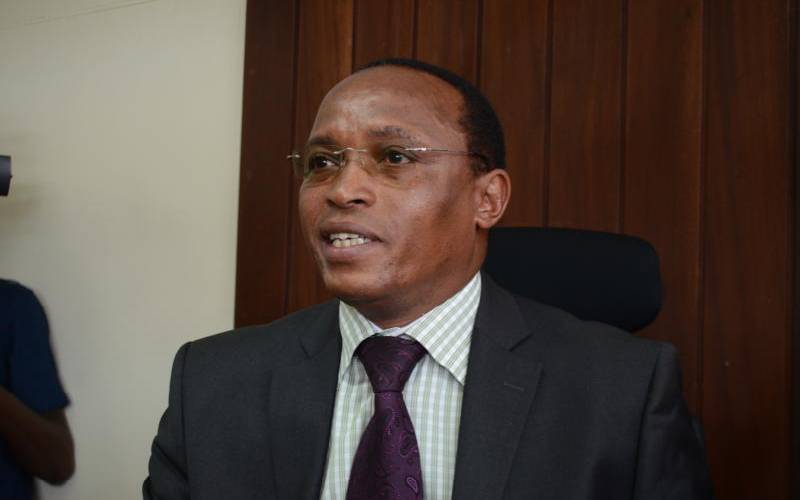×
The Standard e-Paper
Smart Minds Choose Us

Industrial Court Judge Nduma Nderi. He is among the individuals eyeing the Chief Justice job. [Fidelis Kabunyi, Standard]
Soft-spoken Employment and Labour Relations Court judge Mathews Nduma Nderi can be mistaken for a weakling when handling court disputes.